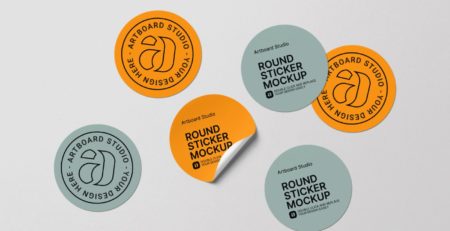Can Paper Survive The Digital Age?

1. Introduction
Paper is one of the oldest and most durable materials in the world. It’s been used for everything from currency, to clothing, to art. But with the rise of digital communication, many people wonder if paper will survive. So let’s answer a few questions:
Is the digital age killing paper?

You may be surprised to learn that paper is still a very popular medium, both in business and at home. If you’re looking for a quick, tactile way to share information, a printed document will always have its place. It’s easy to print out a few copies of an important document or information you need right now and then put them in a folder or binder where they’ll stay protected until they’re needed again.
As far as business goes, there are plenty of industries where paper is still an integral part of day-to-day operations: book publishing, magazine publishing and distribution; printing services; office supplies retailing; newspaper publishing; stationary sales/distribution; copy machine manufacturing and servicing.
Paper sales are down but not out
Don’t be fooled by the headlines. Paper isn’t dead, and it never will be. Paper sales have dropped significantly over the last decade—by 26% since 2008—but that doesn’t mean paper is doomed to extinction anytime soon. The reality is that paper still accounts for over $40 billion in annual revenue and is an integral part of our lives, culture and economy.
The paperless office is a myth
“Paperless” is a myth.
While paper is still very important to our society, it isn’t going anywhere anytime soon. Paper is used in many different ways in every industry, from business and government to education and healthcare. It’s difficult to imagine a world without paper, at least for now.
Millennials still love paper
In an age where digital content is king, millennials still love paper. They’re the first generation to grow up with technology and social media, but they also love books and magazines. You might think that millennials would be more inclined to read on a screen than on paper, but that isn’t the case at all. Millennials still buy books in physical form as well as e-books and audiobooks—and they use them too!
Millennials prefer reading on paper rather than screens because it gives them an escape from their busy lives and helps them relax after a long day at work or school. When you read something on your phone or tablet, it feels more like work than playtime; plus there are distractions everywhere (notifications from friends/family/other apps). With books there aren’t any notifications coming through during your reading time so you can really focus on enjoying yourself for once!
Paper is part of a growing green industry
In an age where digital content is king, millennials still love paper. They’re the first generation to grow up with technology and social media, but they also love books and magazines. You might think that millennials would be more inclined to read on a screen than on paper, but that isn’t the case at all. Millennials still buy books in physical form as well as e-books and audiobooks—and they use them too!
Millennials prefer reading on paper rather than screens because it gives them an escape from their busy lives and helps them relax after a long day at work or school. When you read something on your phone or tablet, it feels more like work than playtime; plus there are distractions everywhere (notifications from friends/family/other apps). With books there aren’t any notifications coming through during your reading time so you can really focus on enjoying yourself for once!
Even in the digital age, there will always be room for paper
Even in the digital age, there will always be room for paper. There are many reasons why people choose to use paper as their primary source of information, and they often don’t have anything to do with being old-fashioned or behind the times. In fact, it turns out that many of us still prefer printing over reading on a screen because we find paper more convenient and reliable than digital documents. Click here for more information about why printed book is better than digital book.
Paper is easy to use because it’s portable and highly accessible. You can take notes anywhere with a pen or pencil, and then share them with others via email or handwritten letter (if you’re fancy). When you need information quickly, paper makes it possible to retrieve it within seconds—and this is an important consideration when every second counts!
Conclusion

For all these reasons, paper is here to stay. It’s still the most efficient way to keep track of important information and communicate with others in a physical space. As the digital age continues, we have no doubt that paper will continue to adapt so that it can survive and thrive alongside new technologies.



